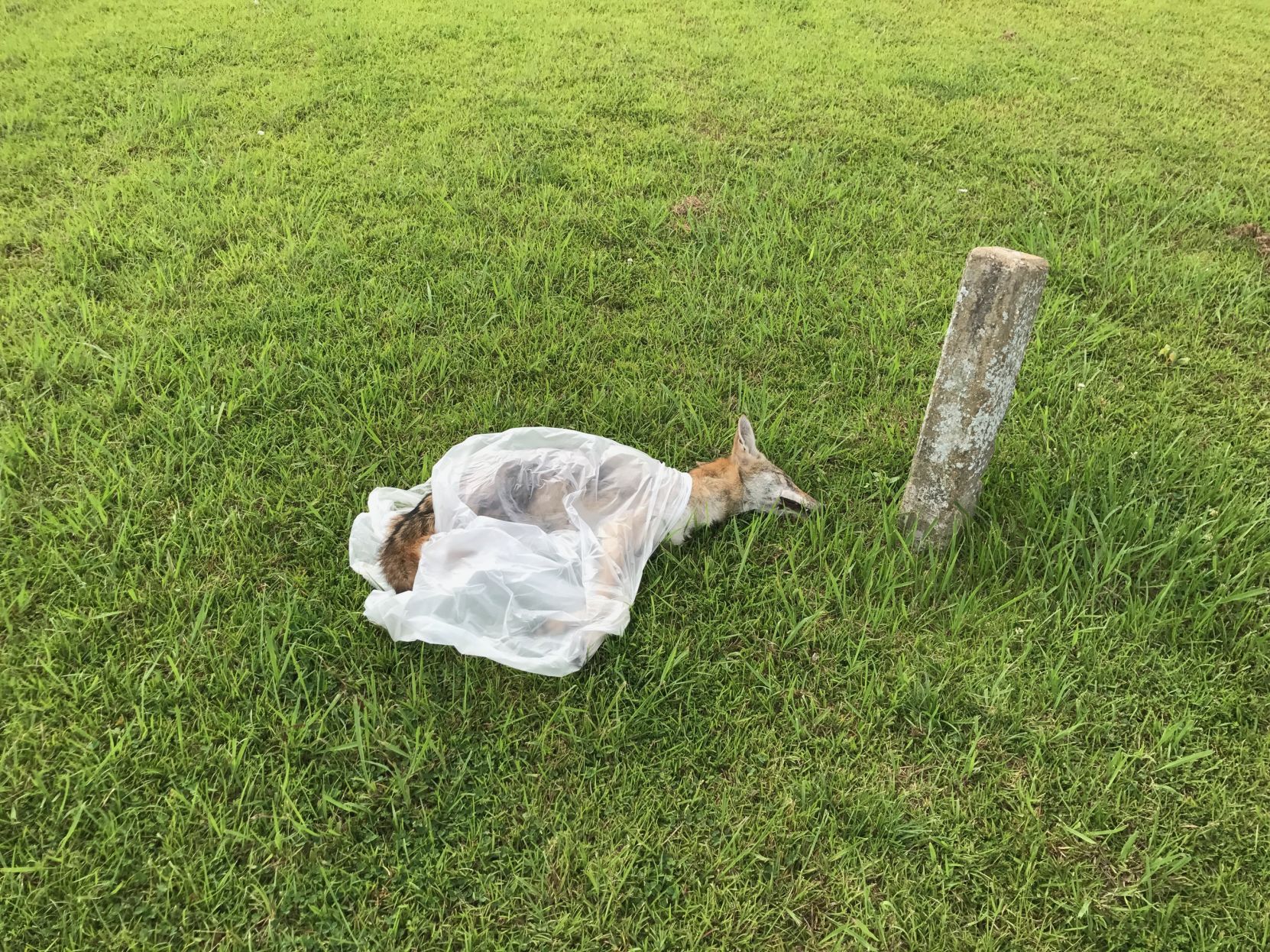
Johnnie Sweatman
June 23, 2017
Coyote kill raises ire, but little action
June 24, 2017Sportsmen from throughout Louisiana took to Bayou Region waters this past weekend to celebrate with action welcome words from federal officials, who are allowing them to fish weekends for prized red snapper in waters out to 200 miles from shore.
U.S. Secretary of Commerce Wilbur Ross announced last week that anglers – originally limited to a three-day season in federal waters – are free to hunt snapper and other reef fish in waters beyond coastal state limits on weekends.
Federal authorities and the five Gulf States agreed to align federal and state private angler red snapper fishing seasons for the remainder of the summer, allowing a private angler recreational season for 39 weekend days and holidays. Majority Whip Scalise and other members of Congress, Ross said, were instrumental in developing the agreement.
The agreement was praised as a significant step by state and local anglers and their representatives. But many also cautioned that much work remains to be done in the realm of reef fish management.
“It’s a good thing,” said Louisiana Coastal Conservation Association President David Cresson. “It is a great opportunity for Louisiana. A lot of our leaders came together to make it possible and we appreciate their efforts. But everybody needs to understand it is not a long term fix. We still have a federal system that is a mess and it needs long term solutions.”
Anglers in Gulf states have pressed hard for management of reef fish – red snapper in particular – to be stripped from the Gulf of Mexico Fishery Management Council and transferred to individual states or a consortium of them. Snapper live in deep water, generally, requiring trips father offshore and making fishermen thus subject to federal regulation. The method for assessing stock used by NOAA, which the Management Council relies upon, has been challenged by recreational fishermen. Scientists for the government have said that the existence of state seasons in Gulf states, among other factors, threatens populations of snapper and that more liberal management could plunge the species into danger.
A plan by Louisiana developed at the request of Gov. John Bel Edwards would create an experimental lottery program allowing a lucky 150 anglers and their friends to fish with no limits if they provide stock assessment data. Edwards and members of his administration have expressed concern that if states cannot provide proof that they can manage the resource and provide good data, the federal government will be less willing to cede control of the fishery.
The annual quota for red snapper is divided between commercial and recreational fishermen, but there has been past squabbling over the percentage differences. Commercial fishermen and those with related interests have expressed concern that if the state takes over the fishery, the commercial haul could be cut back or eliminated, as happened years ago with redfish.
Some environmental organizations as well as for-hire excursion captains did not welcome the new snapper deal, however, expressing concerns about the potential for over-fishing.
“The current system is failing private anglers and they deserve a fix. It has to be done in a way that gives them more flexible access while still adhering to science-based catch limits – like we have done in the charter for-hire component,” said Mike Jennings, president of the Charter Fishermen’s Association. “However, the best information we have on this 39 day reopening shows it could lead to more than 7 million pounds of overfishing, which will almost certainly shut down our fishing businesses next year, lead to less fishing access for our customers and damage the work we have done to rebuild this population of fish.”
Robert Jones, the Gulf of Mexico Director of the Environmental Defense Fund’s Oceans Program, also questioned the wisdom of the new program.
“Our current calculation shows that the proposed 39 day season will lead to overfishing of the red snapper resource which will mean setbacks for rebuilding of the fishery, fewer days of fishing for commercial, for-hire and private anglers next year and a dangerous precedent for the way our nation manages this shared public resource,” he wrote in a letter to the Department of Commerce.
Cresson stressed to anglers everywhere that now more than ever it is important to respect creel limits, and to prove to authorities that they are responsible and willing to abide by regulations.
“IT’S A GOOD THING,” SAID LOUISIANA COASTAL CONSERVATION ASSOCIATION PRESIDENT DAVID CRESSON. “IT IS A GREAT OPPORTUNITY FOR LOUISIANA. A LOT OF OUR LEADERS CAME TOGETHER TO MAKE IT POSSIBLE AND WE APPRECIATE THEIR EFFORTS. BUT EVERYBODY NEEDS TO UNDERSTAND IT IS NOT A LONG TERM FIX. WE STILL HAVE A FEDERAL SYSTEM THAT IS A MESS AND IT NEEDS LONG TERM SOLUTIONS.”
Houma lawyers Bill and Seth Dodd – father and son – display the red snapper they caught 15 miles from Last Island during Father’s Day weekend. New snapper regulations have anglers cautious about the future.






